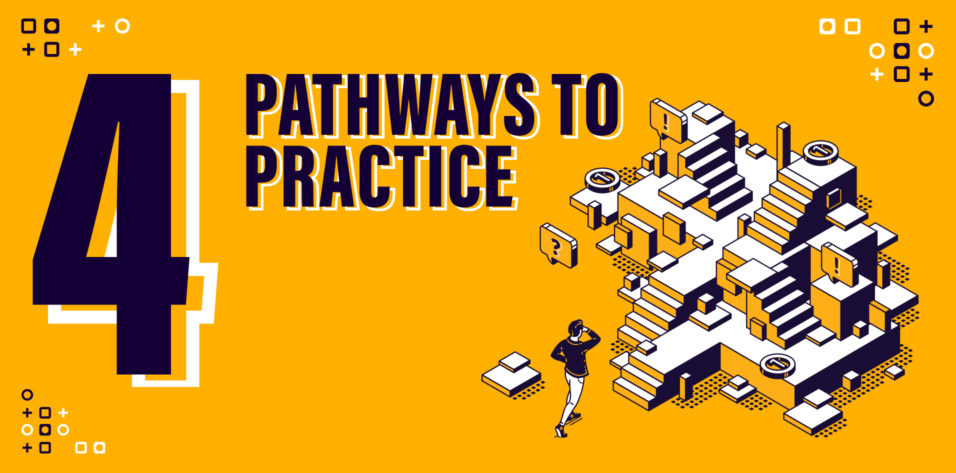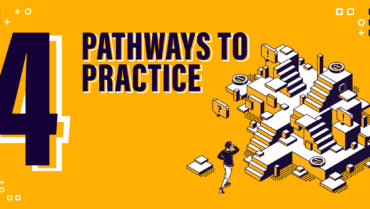Prepare to Change Directions
MillennialEYE: It’s been said that “sometimes not getting what you want is a wonderful stroke of luck.” Can you tell us about an experience you had in which something did not go as you had planned but that ultimately led you to where you are today?
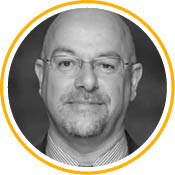
Albert S. Khouri, MD: That’s a very interesting question—we all have had instances where that little voice within whispers, “Be careful what you wish for.” ☺ My path has been circuitous. When looking back, I realize that my professional life was very different from what I originally envisioned. I moved locations and changed paths from private practice to academia—none of those transitions were preplanned. My first job actually lasted only 9 short months. As physicians, we spend years focusing on academics and training. Then we realize how little prepared we are for real-world career navigation. That is why, as a residency program director, I have incorporated into our curriculum a legal lecture series on contracts and negotiations.
During my journey, I realized that a “good fit” job had to satisfy three aspects: (1) professional, (2) financial, and (3) social. Professionally, one has to be happy doing what one enjoys, whether in an academic or private practice setting. Financially, the compensation model has to be fair at the onset of a job and continue to be fair as one grows in experience and productivity. Lastly, the social work-life environment has to be exciting and supportive. An imbalance in this trio often leads to a transition to another position. Statistics show that when it comes to physicians, more than half do not stay at their first job after medical training.1 That is not surprising at all and should not be discouraging. We all gain life experience along the way and become better at balancing the above three factors. We also learn to compromise on what is most important for each one of us.
1. Study shows first job after medical residency often doesn’t last [news release]. Accessed October 1, 2020. https://www.prnewswire.com/news-releases/study-shows-first-job-after-medical-residency-often-doesnt-last-161949055.html
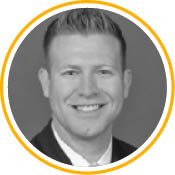
Commit to a Lifetime of Learning
Gary Wörtz, MD: "As you’re learning, you need to set little goals for yourself—not just, "Did I break the capsule or not?" because that’s an artificial goal. There are a lot of things that can go right in a case that ends up with a complication. It doesn’t mean you’re a bad surgeon. Not every cataract is possible to get out without a complication; there are some capsules that are just not conducive to cataract surgery. If you don’t want to have complications, don’t do surgery. It’s just part of the deal. It’s how you overcome that. It’s how you recognize and adapt to it. Set little milestones and try to perfect each step."
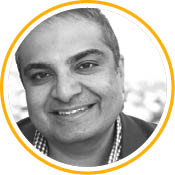
Uday Devgan, MD, FACS: "You’re going to keep learning your entire career. One of the dumbest things I ever said when I was a senior resident was, 'I cannot wait until I’m in private practice. It’ll be so much easier.' Residency is hard and fellowship is hard in the same way that eleventh grade was hard—at the time, you thought it was killer with five AP classes, but now you look back and think, “That’s a walk in the park.” Same with your training. So keep up, be your own toughest critic, but also be your own most motivating person. It is an amazing time to be an ophthalmologist. I hope my kids choose ophthalmology—it’s that special of a field."

